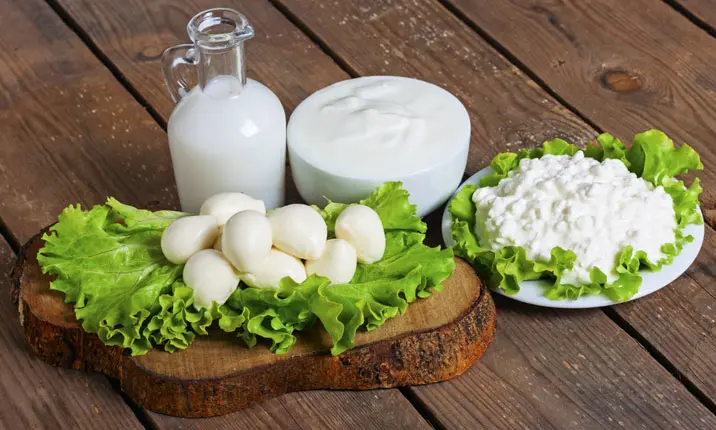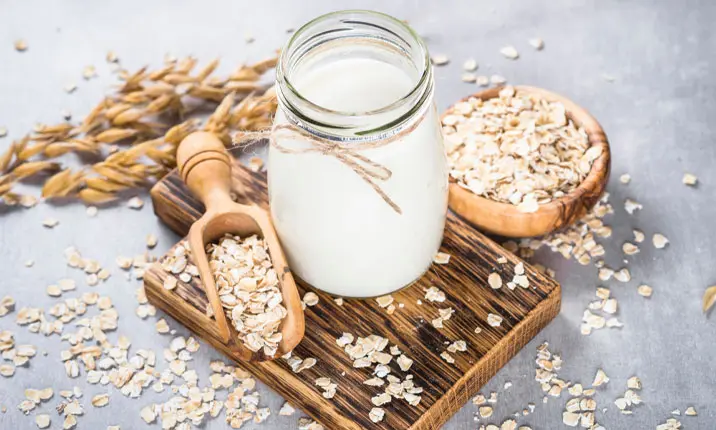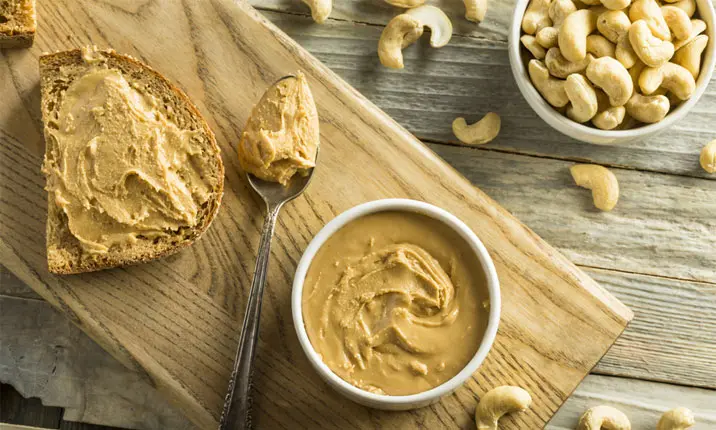What is Lactose Intolerance?
Lactose is a type of sugar found in milk and milk products. We are able to digest lactose when our bodies produce enough lactase, an enzyme found in our small intestines.
Lactose intolerance can be caused by having insufficient lactase. In such a case, undigested lactose moves into our colon instead of being digested. When this happens, bacteria in our colon reacts with lactose, resulting in the symptoms of lactose intolerance.
Lactose intolerance is very common, affecting around 65% of the world's population. People of Asian, African and Arab descent are most likely to have lactose intolerance. Most cases of lactose intolerance arise from a decreased production of lactase in our bodies as we grow from infant to adulthood.
Symptoms of lactose intolerance include:
- Bloating
- Diarrhoea
- Flatulence
- Nausea
- Stomach cramps
These symptoms usually appear 30 minutes to 2 hours after consuming food that contain lactose.
What should you do if you are lactose intolerant?
If you are lactose intolerant, you may wish to avoid consuming dairy products. Lactose can be found in common dairy products such as milk, yoghurt, cheese, and ice cream.
They may also be found in products containing milk-derived ingredients, such as margarine, butter, whey, dry milk powder, instant soups, breakfast cereals and salad dressings.
Benefits of going dairy-free
There may be some health benefits to going dairy-free, such as:
- Less bloating and better gut health. If you are sensitive to or intolerant of lactose, removing dairy from your diet can reduce the discomfort you experience associated with lactose intolerance.
What are some dairy alternatives?
Milk is a good source of important nutrients and vitamins, such as calcium, protein and vitamin D. It also supports bone health.
However, should you decide to adopt a dairy-free diet, you can still obtain these necessary nutrients from various sources. Here are some healthy substitutes you can try for common dairy products.
Milk Alternatives
Plant-based milks are a nutritious and vegan-friendly alternative to cow's milk. They can be eaten with cereal or added to your cup of coffee. Some nutritious plant-based milks to try are:
Almond milk
Almond milk is a popular alternative to cow's milk as it can be easily found in stores and even made at home. To make almond milk at home, blend almonds with water and strain the liquid to remove the almond pulp.
Store-bought almond milk may be sweetened. For a healthy alternative, make sure to buy unsweetened almond milk that is fortified with various nutrients such as calcium, protein, and vitamin D.
Almond milk also naturally contains important vitamins and minerals, especially vitamin E. It is also lower in calories, compared to cow's milk.
Oat milk
Oat milk is a good option for those who may be sensitive or allergic to nuts or soy. It is made up of oats which are soaked or blended with water, then strained to remove the oat pulp.
Just like almond milk, it is a popular milk alternative that can be found in stores. Store-bought oat milk is usually fortified with nutrients and vitamins, especially vitamin B. It is also a good source of fibre and may help to lower bad cholesterol levels. Store-bought oat milk may contain traces of gluten. If you are looking for a gluten-free option, be sure to check if the packaging specifically states that it does not contain gluten.
Soy milk
Soy milk is made from soaking and blending soy beans with water, then straining to remove the soy bean pulp. It is a popular beverage locally, and is widely sold in stores.
It contains as much protein as cow's milk, but has lesser calories than whole milk. It also contains nutrients such as calcium and vitamin D (when fortified), potassium, and vitamin A and B. Some may be fortified with higher amount of calcium.
However, soy is a common allergen. You are advised to avoid drinking soy milk if you are allergic, or sensitive, to soy products.
Other popular non-dairy alternatives to cow's milk are:
- Cashew milk
- Rice milk
Yoghurt Alternatives
Yoghurt is made by fermenting milk. It is a good source of calcium, vitamin D and other minerals. Some individuals with lactose intolerance can tolerate milk in small amounts throughout the day and therefore, they may be able to tolerate small amount of yoghurt.
There are plant-based, non-dairy alternatives to yoghurt, such as almond milk yoghurt, soy milk yoghurt and cashew nut yoghurt. There is also lactose-free yoghurt.
As store-bought yoghurt is often sweetened and flavoured, be sure to pick plain, unsweetened dairy-free options for a healthier choice.
Butter Alternatives
Butter is commonly used in cooking and baking. It is made by churning milk to separate the fat (butter) from the buttermilk.
Some non-dairy butter alternatives you can try are coconut oil, coconut butter, cashew butter and almond butter. They are plant-based and vegan-friendly. Nutritionally, they generally contain similar amounts of fat and calories to regular butter.
Cheese Alternatives
Cheese is made by curdling milk. Nut cheeses such as almond and cashew cheese are some non-dairy cheese substitutes you can try.
When choosing non-dairy cheeses, be sure to look out for the ingredients listed on the product. Minimally processed cheeses that are made up of whole foods such as nuts and vegetables are more nutritious than heavily processed cheeses which contain a lot of preservatives, colouring and sodium.
Nutritional yeast is also used by some as a substitute for cheese flavouring, because of its cheesy and nutty taste. It is a good source of vitamin B.
Seek advice before cutting out dairy
Today, there are many dairy-free alternatives to common dairy products, which makes avoiding dairy easier for those who are lactose intolerant.
However, it is important to speak with your dietitian before taking the step to start on a dairy-free diet to ensure that you will still be getting the nutrients and vitamins you need for a healthy diet.
















